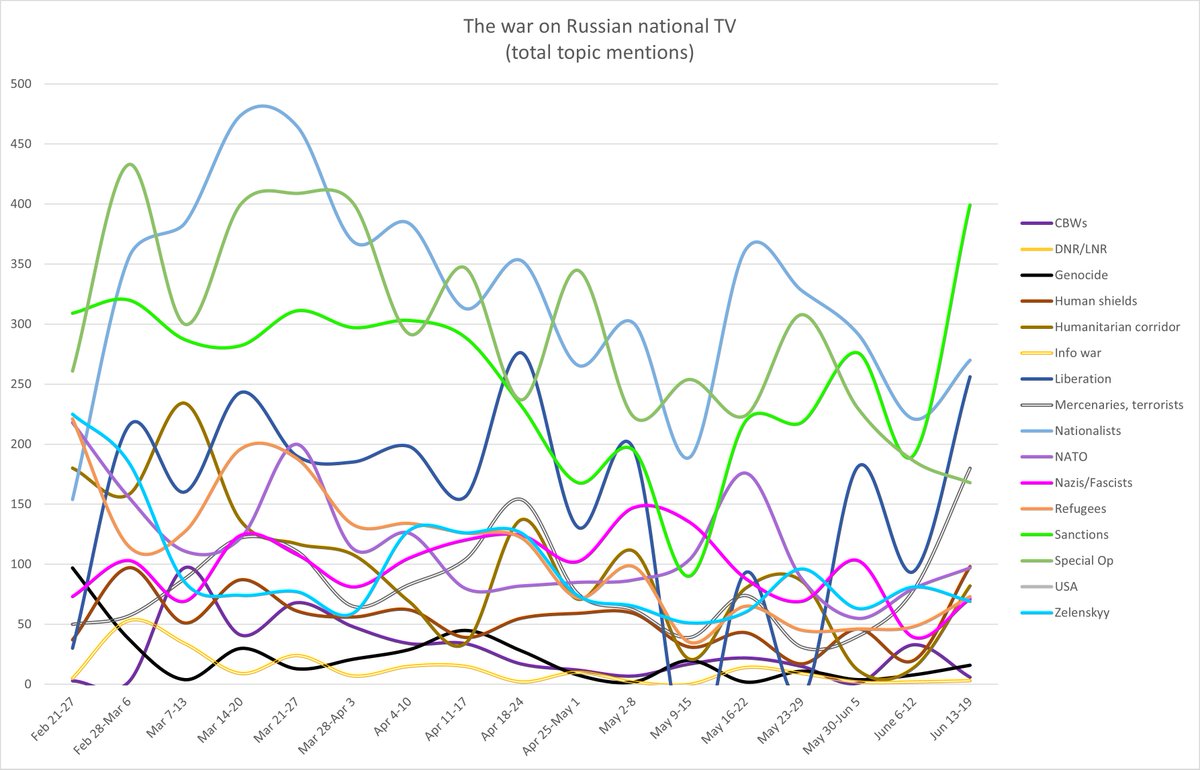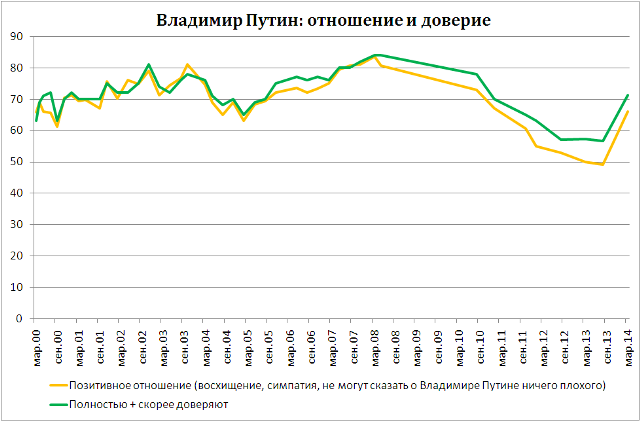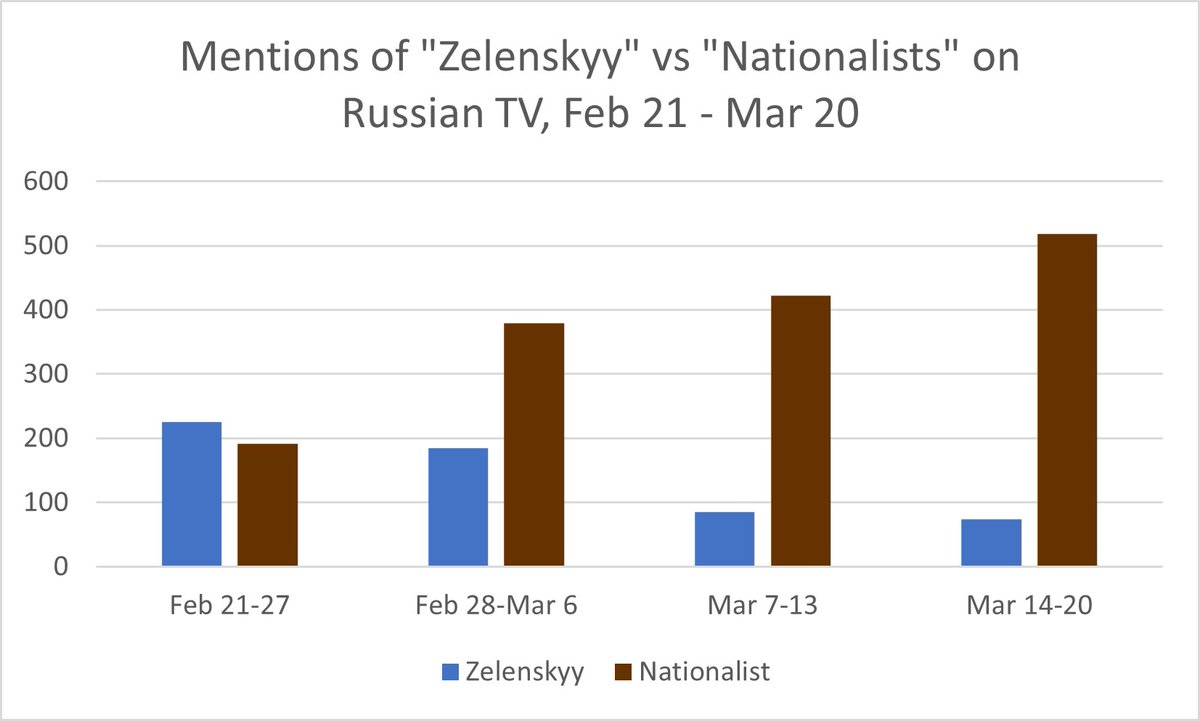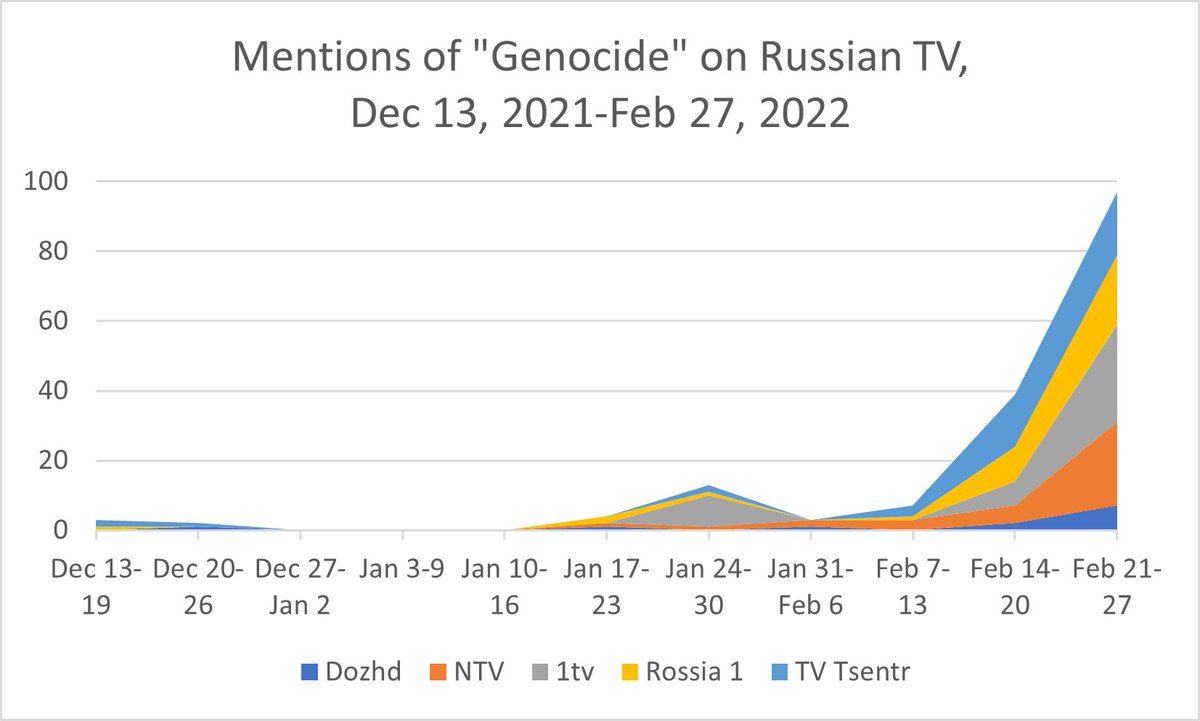
Russia, Eurasia, nationalism, autocracy. Editor of @cpcs_journal. Project director @RuMOR_CarletonU. McMillan Chair of Russian Studies @EURUSCarletonU.
2 subscribers
How to get URL link on X (Twitter) App


https://twitter.com/jpaulgoode/status/1543269668105981958


https://twitter.com/jpaulgoode/status/1534610425739988993?s=20&t=QqrA2nSeF4EMinG3vEUk9wOne of the ways that Russian TV talks about the war without calling it a war is by referring instead to territories in Ukraine as "liberated" - as in, liberated from Nazis, nationalists, and NATO.

https://twitter.com/navalny/status/1537760160818647043?s=20&t=C_s3DKGqfumkxTefEzkYDQFirst, additional spending on the war isn't a priority: only 7% said they would devote additional budget resources to the war.
https://twitter.com/navalny/status/1537760439039365121?s=20&t=C_s3DKGqfumkxTefEzkYDQ



 Is this strange? In March 2014, trust (71%) and approval (80% - not pictured) moved together after Crimea. There was a gap (about 9%) between the two, but they were closely matched. So what accounts for the 39% gap in today's poll between public approval and trust in Putin? 2/7
Is this strange? In March 2014, trust (71%) and approval (80% - not pictured) moved together after Crimea. There was a gap (about 9%) between the two, but they were closely matched. So what accounts for the 39% gap in today's poll between public approval and trust in Putin? 2/7 

https://twitter.com/HannaNotte/status/1508470588695883778?s=20&t=_YE4zFXkI6HQGRKJtDy3xATier 1, enemies & victims: Nazis/fascists, foreign fighters (mercenaries & terrorists), and humanitarian corridors;


 2. Russian TV is erasing Zelenskyy from view and filling the space with Ukrainian nationalists. Obviously de-humanizing the enemy, perhaps preparing the Russian public for even greater loss of life and for belt tightening. On that score... 2/4
2. Russian TV is erasing Zelenskyy from view and filling the space with Ukrainian nationalists. Obviously de-humanizing the enemy, perhaps preparing the Russian public for even greater loss of life and for belt tightening. On that score... 2/4 

https://twitter.com/jpaulgoode/status/1498517335203848192How impactful is a topic’s mention on Russian TV vs “normal” reporting? To set a baseline for “normal,” I used weather reports on each channel and then calculated topic mentions relative to the weather. It’s a rough measure, sacrificing some rigor and nuance, but it's fast. 2/8
https://twitter.com/jpaulgoode/status/1497620176703049731
https://twitter.com/jpaulgoode/status/1496860912883576836For Russia: @bdtaylor_SU @Ben_H_Noble @samagreene @kath_stoner @TomilaLankina @russmil @Chapman_HannahS @jademcglynn122 @forrat @NoYardstick @russophiliac @PreciousChatD @NKuhrt @ruth_deyermond @jgmaber @Krawatzek @JanMattiD @RTPerson3 @yoshikoherrera

https://twitter.com/ykomska/status/1497588685495095298?t=3JbnIAASUmfCVQsTJh9_ig

https://twitter.com/maxseddon/status/1496886383826419713?s=20&t=slUpP1aI9xGH-cG10zBOGAPutin’s regime is a personalist autocracy, meaning that it's highly dependent upon personal networks that sustain authoritarian rule by granting subordinates access to patronage, usually in the form of jobs, resources, or status. 2/13